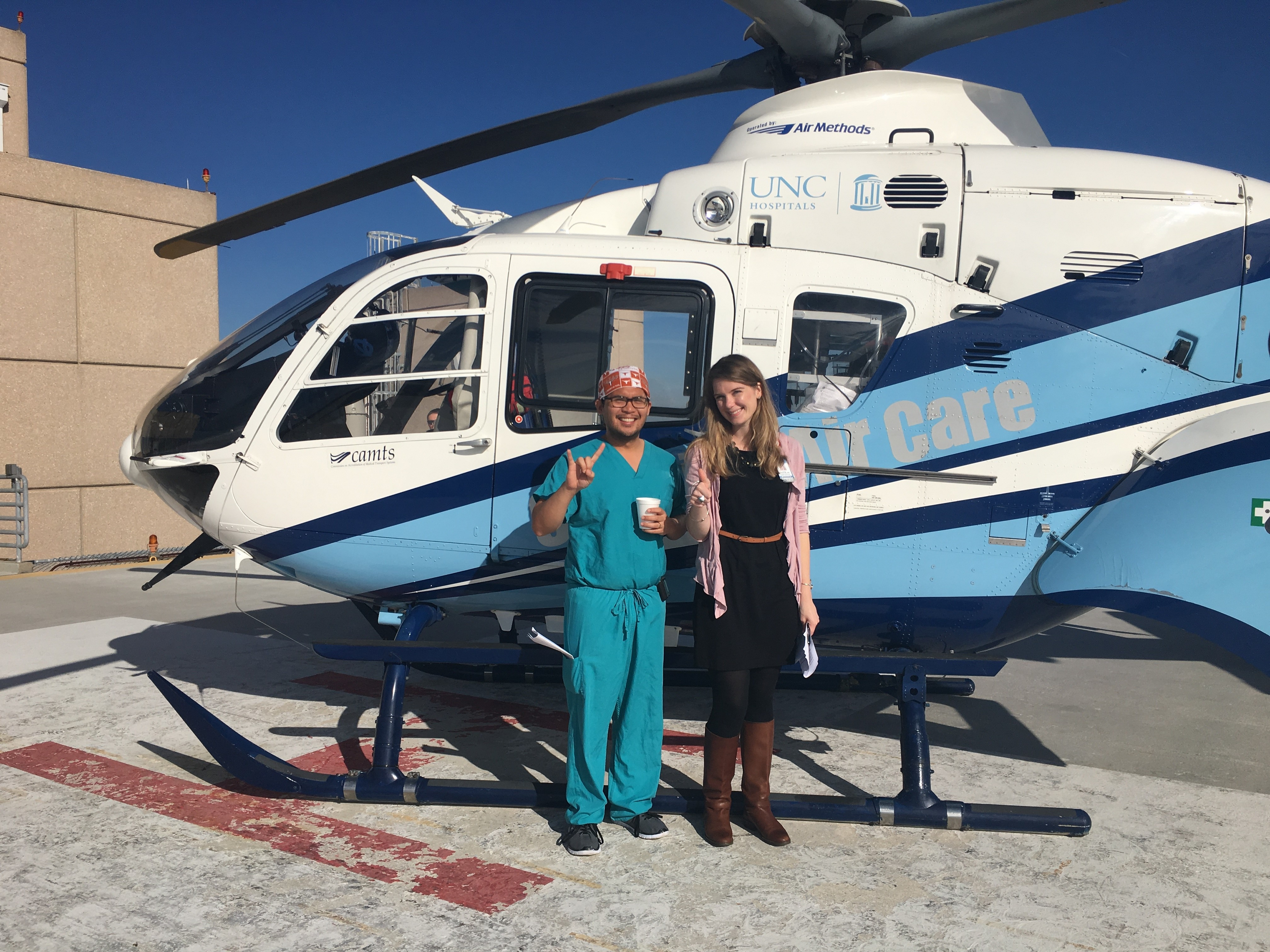Educational Programs

Fellows will have a comprehensive educational curriculum that includes hands-on experience, lectures, conferences, self-learning, simulation, problem-based learning discussions, and journal clubs. Fellows will have the opportunity to both participate in and lead discussions. In addition, the fellow will attend and present at the annual Society for Obstetric Anesthesia and Perinatology meeting (fully paid by the department).
Fellow Specific Lecture Series: A fellow level lecture series is conducted by the obstetric anesthesia faculty throughout the fellowship year.
Society for Obstetric Anesthesia and Perinatology (SOAP) Webinar Series: SOAP has developed a webinar series designed exclusively for obstetric anesthesia fellows. These conferences give fellows a chance to convene and hear lectures from international experts in the field of obstetric anesthesia. Fellows will have protected time during these webinars to ensure participation.
Case-Based Sessions: The UNC Obstetric Anesthesia group conducts case-based discussions on difficult cases and updates in obstetric anesthesia care. These meetings are held in the evening at a faculty member’s house in the fall and spring semesters.
Journal Clubs: Combined UNC-Duke journal clubs take place twice per year. Both UNC and Duke fellows present new and relevant articles for discussion at these conferences.

Committees: The fellow is a member of a variety of standing committees/meetings, including the obstetric morbidity mortality review committee (MMRC), multidisciplinary obstetric simulation committee. In addition, the fellow will participate in multidisciplinary care meetings and departmental (OB/GYN and anesthesiology) grand rounds. The fellow will be asked to prepare for and deliver the spring obstetric anesthesia departmental grand rounds.
Research/QI Projects: All fellows are required to participate in both a quality improvement and research project. The fellow should receive exposure to study design, implementation/recruitment, and manuscript preparation during the year. A minimum of three months of non-clinical time will be designated throughout the year to allow for successful completion of these projects. Local support for research projects is available through the department’s research division.